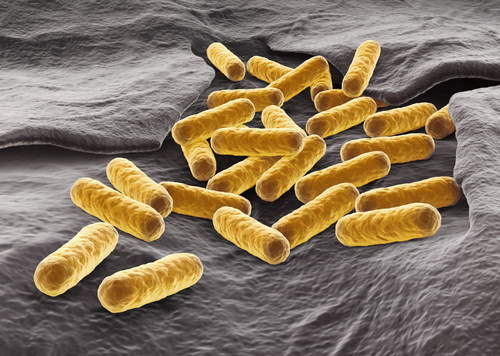In every business location, whether it’s a factory at an industrial estate on the edge of town or a high profile office block in the centre of London, owners, managers and directors have a duty to protect their employees. Any issues which contravene this duty carry with them the possibility of some extremely serious health issues.
On board ocean-going vessels and fixed off-shore installations, this responsibility still applies. And in some ways, it’s even more important because of the rather confined nature of working environments at sea. Any potential issues can become serious in no time at all, and the repercussions will always be far-reaching.
One of the most important amenities on board ships is the provision of clean drinking water, and this is an area which every owner and operator needs to take seriously. Regular testing of the quality, and therefore the safety, of the water is a must, as is the recording and monitoring of such tests. If problems arise, questions will always be asked.
Potable water test kits should be used on a regular basis. The fact that you can specify the equipment range means you can tailor your testing to suit your needs, an important issue when you consider that no two working environments are likely to be the same. Regular tests help you to ensure consistency over a period of time.
An early warning system that the industry can rely on
One of the major benefits of such a kit will be the ability to identify potential issues at an early stage. Many previous incidents involving bacteria in the water could have been avoided if they had been detected early enough. Peace of mind for owners and operators is something that it’s almost impossible to put a price on.
E.coli is something that needs to be avoided at all costs, because it has major implications for the health of everyone on board. Thankfully, regular testing and monitoring can help to prevent an outbreak before it gets a chance to take hold. If you are responsible for safety on board, this is a matter that needs to be at the top of your list of priorities.
As well as a strong moral obligation to ensure supplies of safe drinking water, owners and operators are also obliged by law to do so. The Maritime Labour Convention (MLC 2006) is very clear on this matter, and the authorities will look to prosecute any individuals or organisations which have been negligent in this hugely important area.

